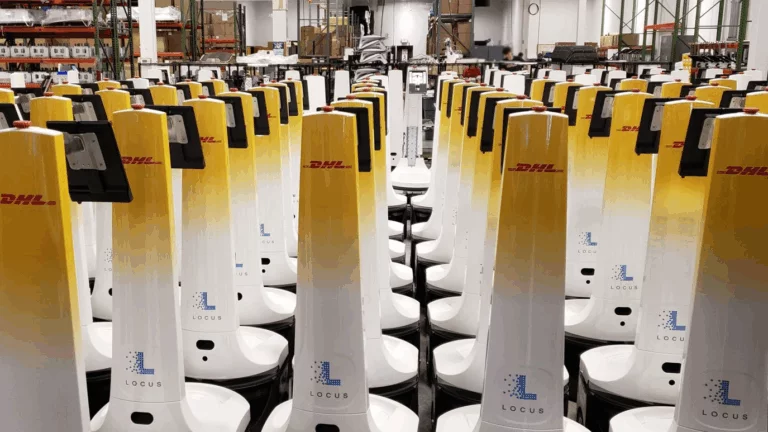Cimcorp, a manufacturer and integrator of turnkey robotic order fulfilment and tyre-handling solutions, is to move to a new, larger US office today, July 1, to accommodate its continued market expansion and serve its growing customer base across the United States, as well as Mexico. Moving from Norcross to Alpharetta, Georgia, the new office includes an added workshop space for quicker, more localized aftermarket services. As such, the facility is designed to be a centre of service excellence to help both current and prospective customers realise long-lasting benefits from their automated material handling solutions.
Rick Trigatti, President, Cimcorp Automation, Ltd., said, “While our previous Norcross location served us well in establishing our U.S.-based operations and services, it offered only room for office space. Since its opening in 2016, we have seen tremendous growth in the United States, as more organizations have recognized the operational and business benefits of automating their plants, warehouses and distribution centres.”
Joel Kuusman, Manager of U.S. Operations and Technology Services, Cimcorp, added, “We found we needed a larger facility that would allow us to expand our local service offerings and further uphold our commitment to quality support. The new Alpharetta office provides us all that and more, including the new workshop for managing repair work, spare parts storage, et al. With this greater capacity and these expanded capabilities, our customers can continue to trust in the reliability, accuracy and speed of our solutions long into the future.”
In addition to space for offices and the workshop, the facility will also provide a showroom for Cimcorp’s 3D Shuttle solution, an automated storage and retrieval system (AS/RS) for goods-to-person order picking ideal for e-commerce, retail and food service distribution. Customers and visitors can see how the 3D Shuttle uses gantry robot technology together with a unique shuttle device to rapidly store and retrieve goods stored in stacked plastic crates, totes, bins and containers—with the ability to handle up to 1,000 totes per hour from a storage area.
The new office is located at:
Cimcorp USA, Inc.
1867-B McFarland Parkway
Alpharetta, GA 30005
To contact the office, please call: +1 888-797-3703













